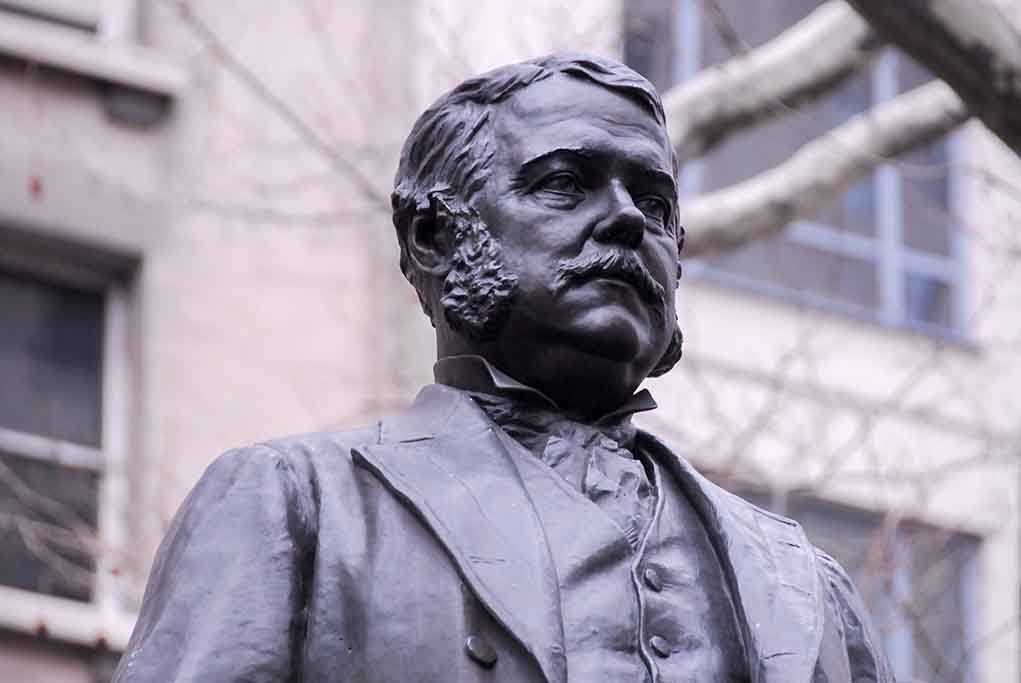
(NewInsights.org) – Immigrants enjoyed relatively few restrictions during the 18th and early 19th centuries. The Founding Fathers said little about the subject and left the matter up to the individual states. A few states passed sweeping immigration laws after the Civil War, but the US Supreme Court ruled the federal government, and not the states, controlled immigration policy in its landmark case, “Chy Lung v. Freeman,” 92 US 275 (1875).
Congress passed the nation’s first immigration law, the Page Act, in March 1875. However, it was a very narrow measure that only prohibited the entry of Chinese women. Congress didn’t enact meaningful immigration legislation until the passage of the Immigration Act of 1882.
Former President Chester A. Arthur signed the bill into law on August 3, 1882. The Immigration Act levied a 50-cent tax on all persons seeking entry to the United States from a foreign port who weren’t citizens. The Treasury Department used the proceeds to offset any costs incurred while regulating immigration. The measure also barred convicts, lunatics, “idiots,” and anyone otherwise unable to take care of themselves.
Chester Arthur’s Accomplishments and Presidency
The son of a Baptist preacher, Arthur was born on October 5, 1829. He graduated from Union College in 1848 and practiced law for several years. Arthur served as the engineer-in-chief, inspector general, and quartermaster general for the New York Militia during the Civil War.
Former President Ulysses S. Grant appointed Arthur to serve as the Collector of the Port of New York in 1871, and he quickly developed a reputation as a supporter of the Republican Party’s Conkling and Stalwart faction. The Stalwarts supported civil rights for blacks during Reconstruction and opposed former President Rutherford B. Hayes’ effort to effectuate civil service reform during America’s Gilded Age.
Chester Alan Arthur served as the 21st President of the United States, from September 19, 1881, to March 4, 1885. Arthur succeeded James A. Garfield, who died two months after an assassin shot him at a Washington, DC, railroad station less than four months into his first term.
Aside from signing the nation’s first immigration law, Arthur signed the Tariff Act of 1883 and the Pendleton Civil Service Reform Act of 1883, which established a Civil Service Commission and protected federal employees against termination for politically-based reasons.
Arthur suffered from poor health and retired from politics at the end of his first term, having only made a nominal effort to secure the Republican Party’s nomination. He died roughly 20 months later from kidney disease on November 18, 1886.
Historians generally regard Arthur’s presidency as mediocre, with the most recent poll of historians by Siena College Research Institute ranking him in 34th place out of 45 presidents. However, Arthur’s contemporaries praised his solid and scandal-free time in office. Mark Twain once wrote that “It would be [difficult]… to better President Arthur’s administration.”
Copyright 2023, NewInsights.org

